
The pursuit of transparency surrounding the late convicted sex offender Jeffrey Epstein has taken a significant and assertive turn on Capitol Hill. A sweeping action, characterized by the issuance of nearly a dozen subpoenas, underscores a bipartisan determination to unearth previously undisclosed information related to a case that has profoundly captivated and disturbed the nation.
The House Oversight Committee’s formidable efforts reflect a broader, urgent call for accountability regarding the federal government’s enforcement of sex trafficking laws. Specifically, the panel aims to scrutinize the historical handling of the investigation and prosecution involving both Epstein and his former associate, Ghislaine Maxwell.
At the forefront of this parliamentary offensive lies a formal demand directed at the Justice Department. The subpoena explicitly calls for the provision of any Epstein files currently within the department’s possession, with the crucial stipulation that victims’ names must be meticulously redacted to safeguard their privacy.
Furthermore, this comprehensive demand extends to communications that transpired between former Biden administration officials and the Justice Department. The committee seeks to illuminate discussions and decisions specifically related to the intricate details of the Epstein case, indicating a broad review of its official handling.
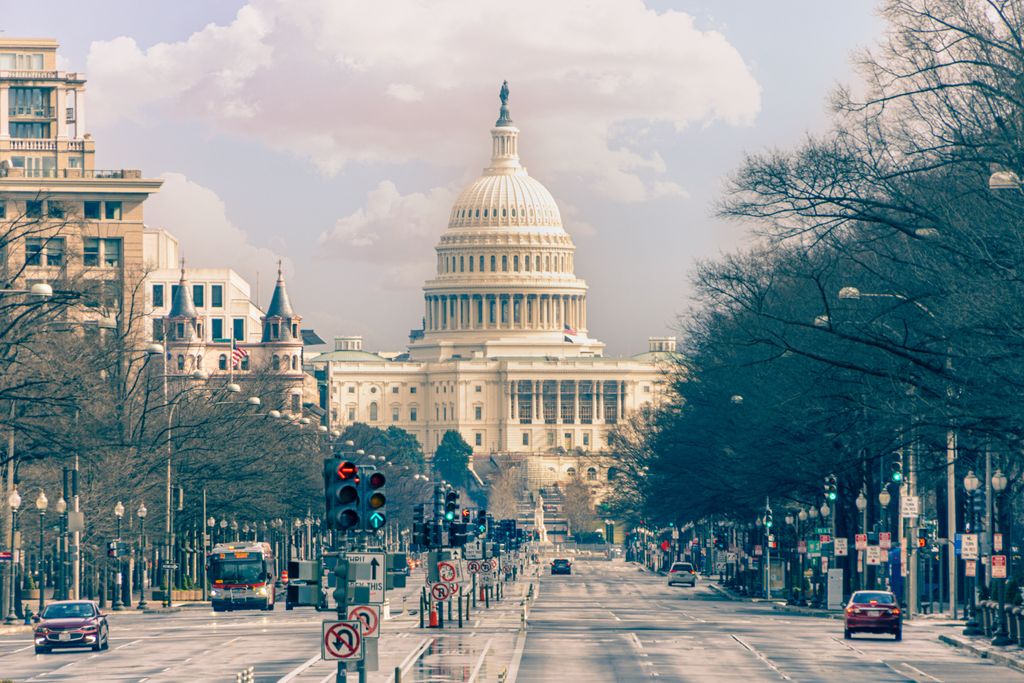
Beyond the departmental demands, the Republican-led panel has cast a wide net, issuing subpoenas to ten high-profile individuals. These critical subpoenas mandate closed-door depositions, strategically scheduled to take place between August and mid-October, signaling a concentrated effort to gather comprehensive insights.
The formidable roster of those summoned for these depositions includes an unprecedented array of legal leadership. It encompasses six former Attorneys General: Merrick Garland, William Barr, Jeff Sessions, Loretta Lynch, Eric Holder, and Alberto Gonzales.
Each of these distinguished figures presided over the Justice Department during distinct periods, which the committee believes hold potential relevance to the intricate and long-running Epstein investigations. Their testimony is sought to provide a historical perspective on the federal response to Epstein’s activities.
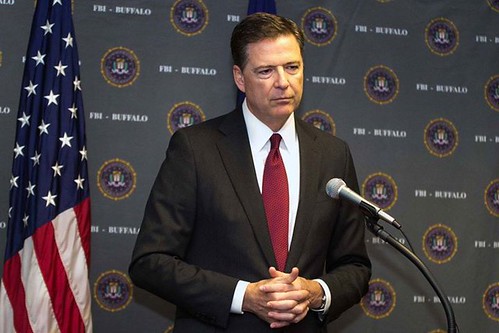
The committee’s expansive reach also extends to two former FBI Directors, James Comey and Robert Mueller III. Their respective tenures at the helm of the Federal Bureau of Investigation coincided with various aspects of the criminal investigation into both Epstein and Maxwell, making their insights crucial.
In a move that has drawn considerable attention, the panel has also subpoenaed former Secretary of State and first lady Hillary Clinton, and former President Bill Clinton. This comprehensive approach to testimony aims to build a robust evidentiary record, drawing upon diverse perspectives from across multiple administrations and high-profile associations.
The specific rationale behind these targeted subpoenas is clearly articulated within the committee’s directives. The six former attorneys general and two former FBI directors have been summoned to speak about their leadership during periods when the Justice Department and FBI were involved in the criminal investigation of Epstein and Ghislaine Maxwell.
Read more about: Deep Dive: Attorney General Bondi Launches Grand Jury Probe into Obama Administration’s 2016 Russia Intelligence Amid Mounting Controversy
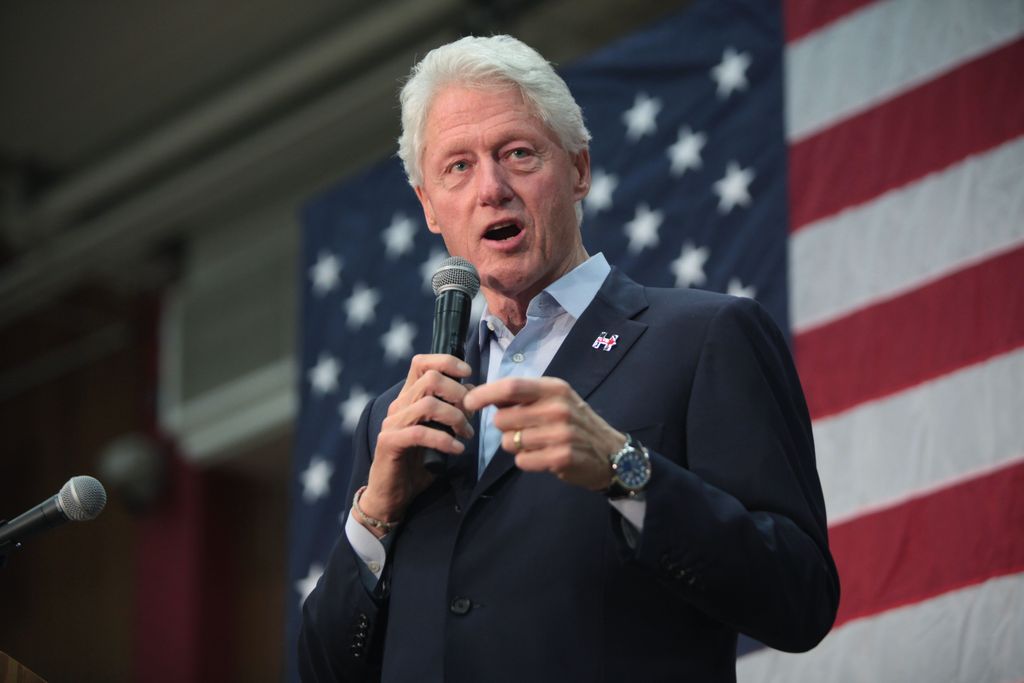
For former President Bill Clinton, the committee’s stated interest stems from his documented association with Epstein. This connection has publicly surfaced as part of civil lawsuits, making his testimony relevant to understanding the scope of Epstein’s influence and connections.
The subpoena letter addressed to Hillary Clinton cites two particular reasons for her requested deposition. These include the hiring of Maxwell’s nephew to her 2008 campaign and her relationship to her husband, indicating a pursuit of broader contextual information surrounding the Epstein network.
In their collective subpoena letters, the committee articulates a clear and direct conviction to those summoned. The official communication states, “The Committee believes that you possess knowledge and information relevant to its investigation,” underscoring the panel’s expectation that these individuals hold vital pieces of the puzzle.
Such knowledge is deemed crucial for understanding the historical handling of the Epstein matter by federal authorities and ensuring a thorough review. The overarching goal is to provide transparency for a public that has long been seeking definitive answers regarding the case.
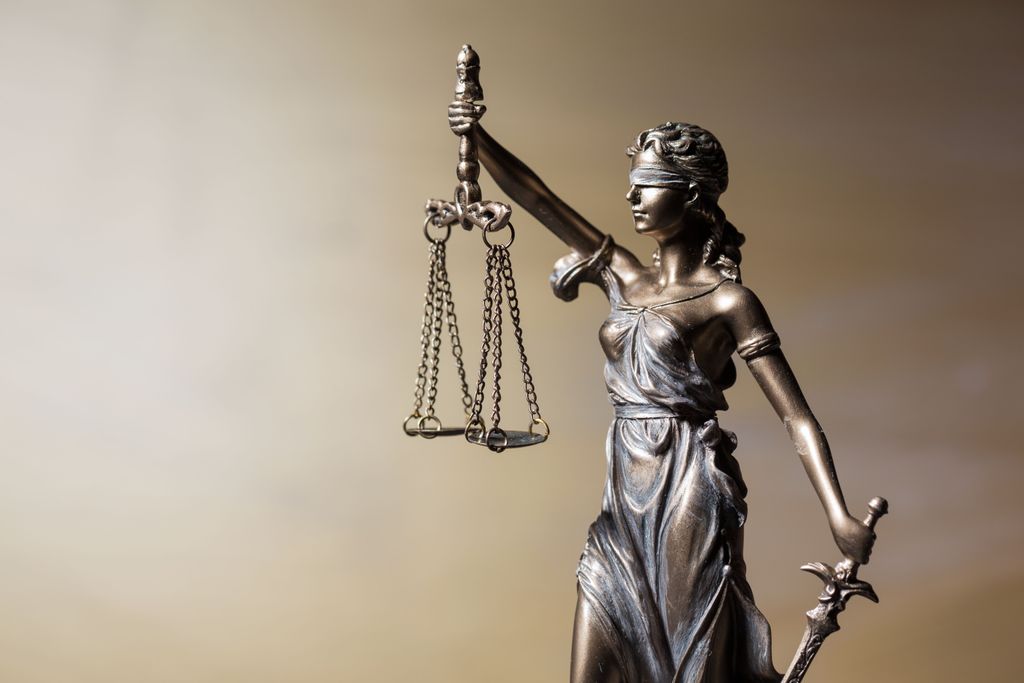
In response to these far-reaching directives, the Justice Department has formally acknowledged receipt of the subpoena specifically for documents. However, a spokesperson for the department declined to offer any further comment on the matter, adhering to typical protocols for ongoing investigations.
Similarly, an attorney representing former FBI Director James Comey also declined to comment on the subpoena issued to his client. These initial, guarded reactions highlight the tightly controlled communication typical of such high-stakes legal and political proceedings, emphasizing the sensitivity of the issues at hand.
The committee’s assertive actions unfold amidst a complex and increasingly charged political backdrop on Capitol Hill. This robust push for information represents, in part, a notable display of defiance by some Republicans against the leadership of House Speaker Mike Johnson.
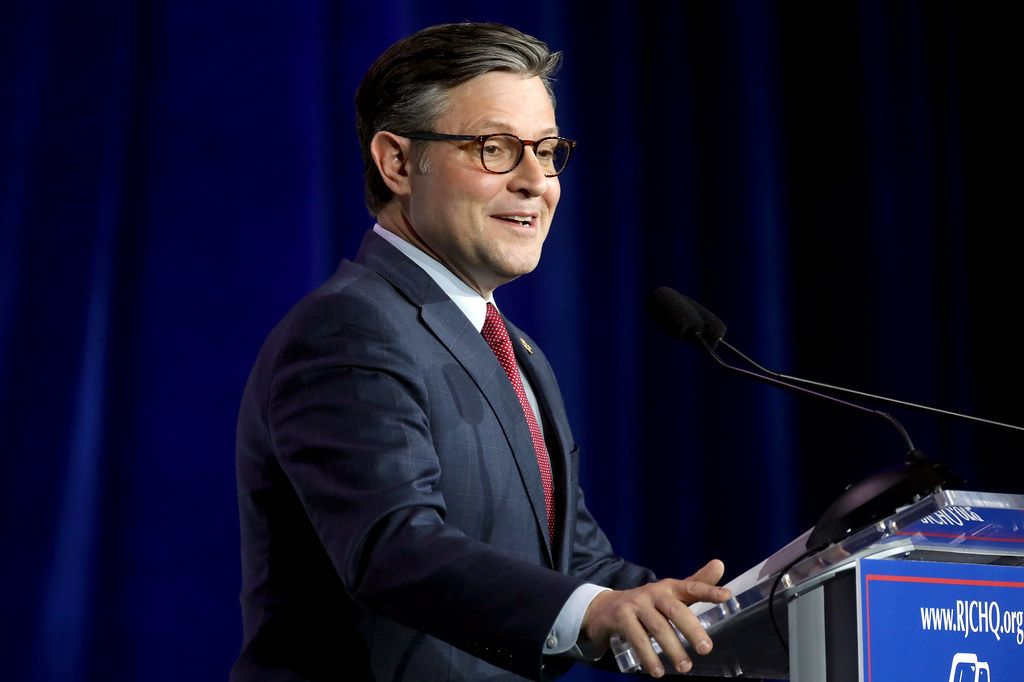
Speaker Johnson has, on record, attempted to temper congressional efforts to compel the release of the so-called “Epstein files.” He has instead advocated for the Trump administration to be afforded adequate time to address the issue before direct legislative intervention.
Speaker Johnson’s publicly articulated position emphasizes his commitment to transparency. Yet, he has conveyed a belief that President Donald Trump’s administration should be granted the necessary space to manage the matter before Congress intervenes, pointing to the administration’s efforts to unseal grand jury materials.
Adding another layer of complexity to the unfolding drama, Ghislaine Maxwell has, in a recent court filing, formally opposed the unsealing of grand jury materials. This opposition directly counters the efforts by the Trump administration to make such sensitive information public.
Meanwhile, President Trump himself has publicly stated his openness to releasing “credible” materials related to the Epstein case. This conditional willingness indicates a potential contribution to the ongoing quest for transparency, albeit with a qualification on the nature of the information.
Read more about: Texas Democrats Ignite National Redistricting Battle with Dramatic Quorum Break
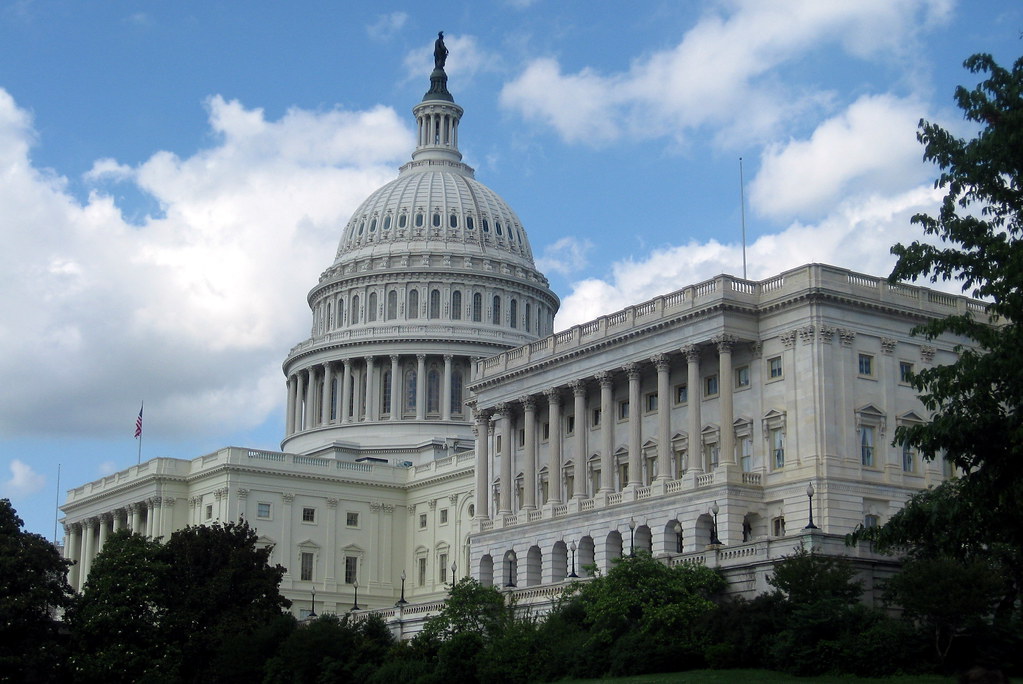
Pressure has steadily mounted on Capitol Hill, building to a crescendo that culminated in the issuance of these pivotal subpoenas by House Oversight Chair James Comer. This decisive step followed a critical subcommittee vote late last month, a vote that notably saw three Republicans join forces with Democrats to authorize the release of the files.
The bipartisan nature of this vote underscores the broad concern and shared objective across the political spectrum regarding the lingering questions surrounding the Epstein case. It signals a collective desire for answers that transcends typical party lines.
The intensity of the issue was acutely palpable when, as pressure continued to build, the Republican House speaker opted to shut the door on the possibility of a House vote on releasing information on Epstein before the August recess. Recognizing that the issue showed no signs of abating, he subsequently moved to send lawmakers home early.
This decision vividly illustrates the compelling and disruptive nature of the “Epstein drama” and its capacity to reshape congressional proceedings. It highlights how deeply this issue resonates within the political landscape.
Read more about: The United States: A Complex Legacy of Discord and Unity, Shaping a Nation’s Evolving Identity
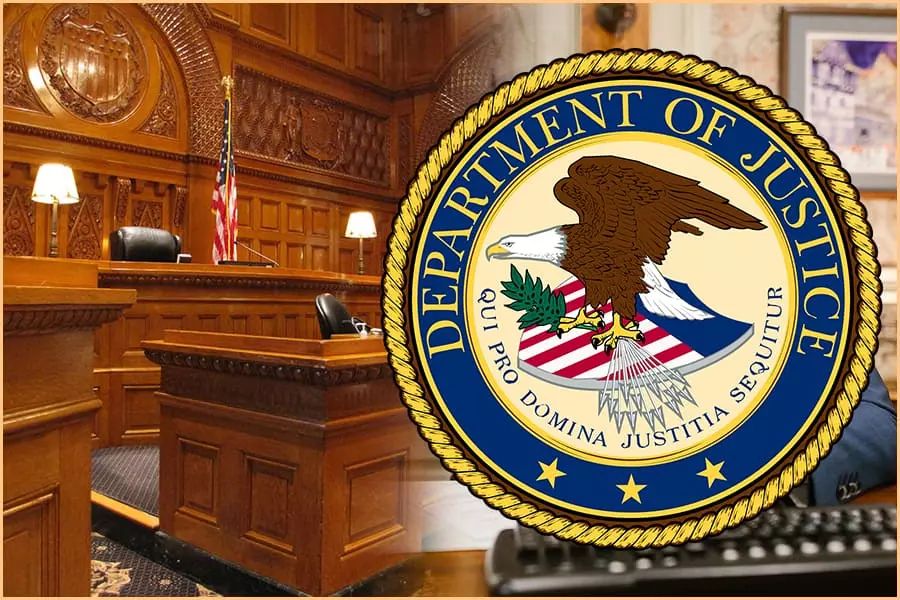
Further highlighting the administration’s active involvement, the Justice Department dispatched its No. 2 official, Todd Blanche, to conduct a significant interview with Ghislaine Maxwell last month. Concurrently, the department has continued its efforts by asking courts to unseal grand jury materials from the case.
Adding to the intrigue, CNN reported that the Justice Department possesses an audio recording of Blanche’s interview with Maxwell. The Trump administration is reportedly actively considering publicly releasing a transcript of this interview, according to three senior administration officials, suggesting a potential for new revelations.
Democrats have emerged as prominent and vocal proponents of increased transparency in this matter. They have viewed the ongoing controversy as a crucial test for President Trump’s relationship with his typically loyal political base, aiming to leverage the situation for greater disclosure.
In their determination to compel information, Democrats have explored the use of an “arcane procedural tool.” This seldom-used mechanism is aimed at compelling the Justice Department to release additional materials, demonstrating their resolve.
Read more about: The Evolution of Zohran Mamdani’s Public Safety Vision: Charting a Course from ‘Defund’ to Mayoral Pragmatism in New York City
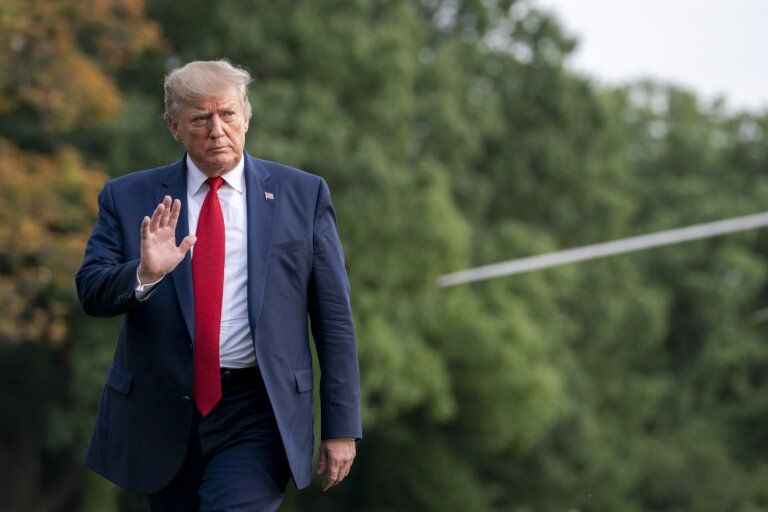
However, the ultimate success of such a maneuver hinges significantly on the willingness of the Trump administration to voluntarily release the information. This is due to the practical reality that a protracted court fight would likely prove ineffective in forcing the documents over to Congress in the short term.
The catalyst for this renewed congressional scrutiny lies in the dark and devastating legacy of Jeffrey Epstein. He died in a New York jail cell in 2019 while awaiting trial on grave sex trafficking charges, leaving a trail of unanswered questions.
His former associate and girlfriend, Ghislaine Maxwell, was subsequently sentenced to 20 years in federal prison in 2022. Her conviction stemmed from her integral and horrific role in a years-long scheme to groom and sexually abuse underage girls, underscoring the severity of her crimes.
Read more about: Apple’s Record Quarter: iPhone Strength and Strategic Diversification Power the Tech Giant Through Turbulent Tariff Waters

Further complicating the prospect of Maxwell’s highly anticipated testimony are her stated conditions for cooperation. Her attorney has demanded immunity in exchange for her direct input, an offer that House Oversight Chairman James Comer has publicly and unequivocally refused.
Maxwell, through her lawyer, has also indicated an “eagerness” to testify in public, but only if President Trump were to grant her a pardon or commute her lengthy prison sentence. These demands introduce significant political and legal hurdles.
Democrats have voiced strong skepticism regarding Maxwell’s credibility, asserting that she “can’t be taken at her word.” They contend that she would likely “say whatever Trump wants to hear,” raising concerns about the veracity of any potential testimony under such conditions.

The narrative of Epstein’s legal troubles began much earlier than his death, with his initial arrest in 2006 by Florida police. At that time, federal prosecutors made a controversial agreement not to press charges, provided he pleaded guilty to state charges.
This arrangement was later critically described by the Justice Department itself as “overly lenient,” setting a troubling precedent for ongoing questions about the initial handling of his case. The perceived leniency of this early plea deal has continued to be a significant point of contention and a driving force behind calls for further, deeper investigation.
Before his second arrest and subsequent death, Epstein moved fluidly in elite social circles. He socialized extensively with “the rich and famous,” including such prominent figures as Donald Trump, Bill Clinton, and a wide array of celebrities, highlighting his far-reaching connections.
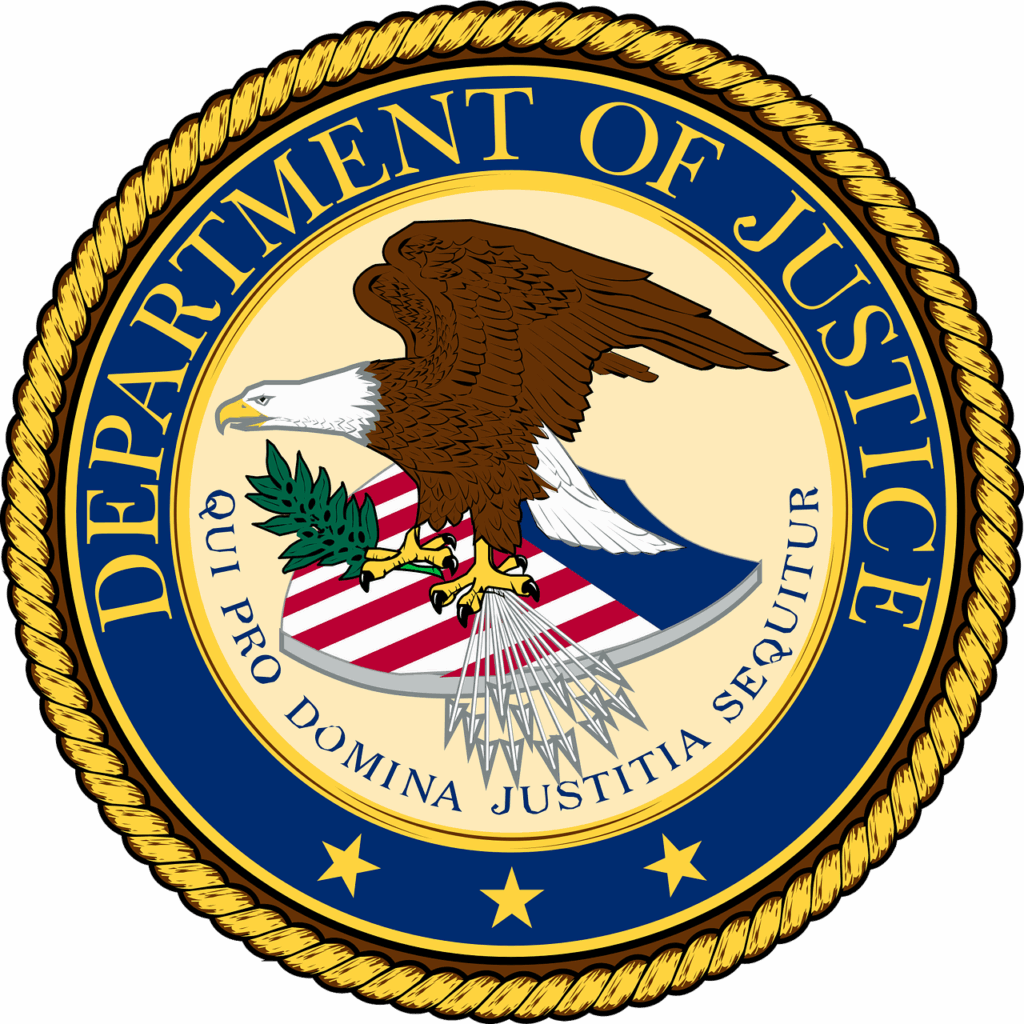
This high-profile network has only amplified the public’s demand for full disclosure, feeding into the pervasive theories and questions surrounding the case. The Justice Department has grimly stated that Epstein victimized “more than a thousand women,” underscoring the horrific scale of his crimes and the profound, enduring impact on countless lives.
The committee’s current actions unequivocally highlight the relentless nature of the quest for truth in the complex and often perplexing Epstein saga. Despite lawmakers being away from Washington on a monthlong break, interest in the Epstein files remains exceptionally high across the nation.
President Trump has consistently denied any prior knowledge of Epstein’s crimes, staunchly maintaining that he severed their relationship long ago. He has repeatedly attempted to move past the Justice Department’s earlier decision not to release a full accounting of the investigation.
Read more about: Deep Dive: Attorney General Bondi Launches Grand Jury Probe into Obama Administration’s 2016 Russia Intelligence Amid Mounting Controversy
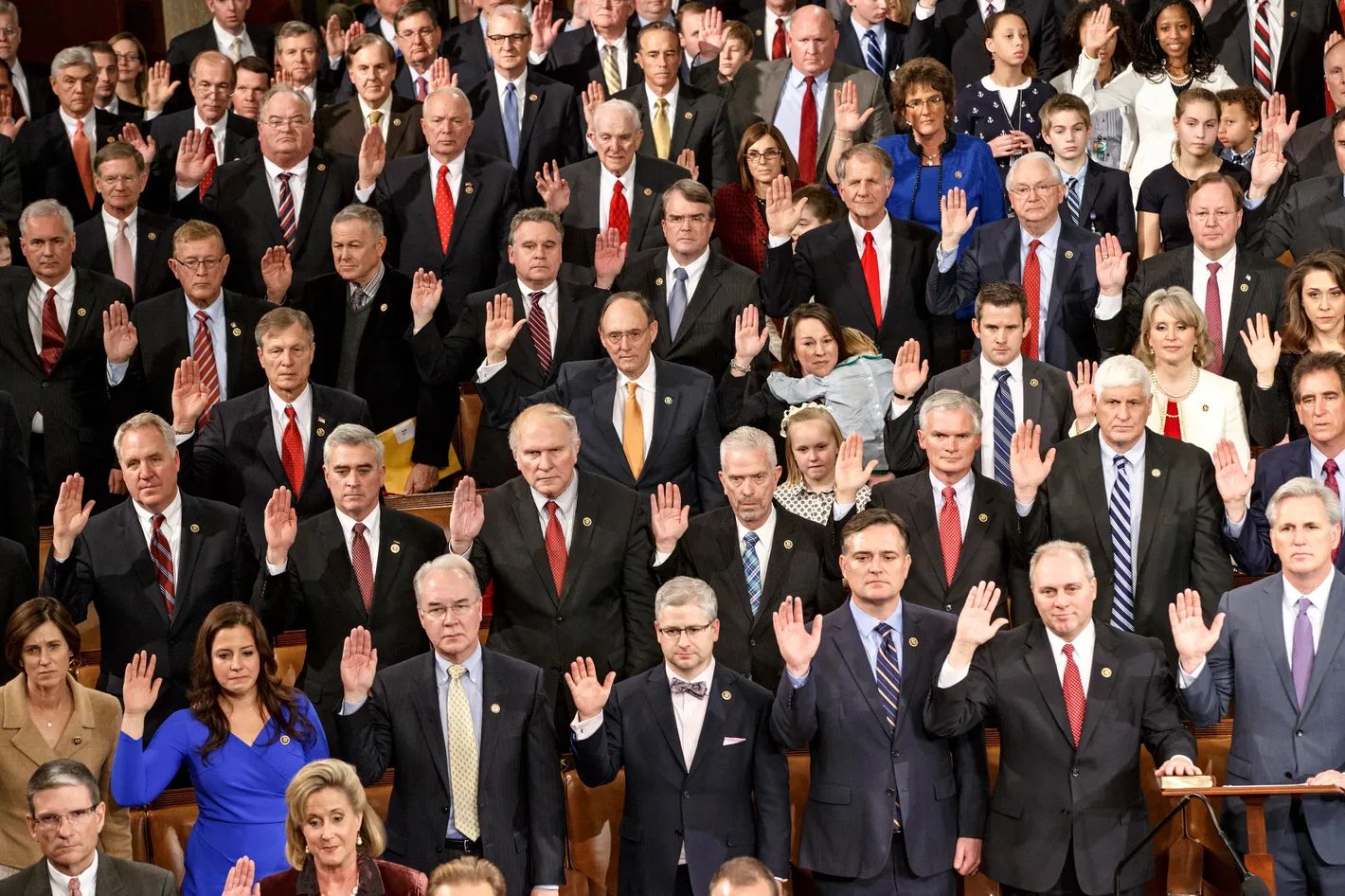
However, lawmakers from both major political parties, alongside a significant portion of the Republican president’s political base, have demonstrably refused to let the matter rest. This persistent demand for answers is fueled, in part, by “conservative conspiracists” who have actively stoked theories about the information investigators gathered on Epstein and the potential involvement of others since his 2019 death.
The Republican lawmakers on the House Oversight Committee have, in their recent actions, openly “nodded to that line of questioning,” indicating a willingness to pursue lines of inquiry that resonate with these public theories.
Rep. Robert Garcia, the top Democrat on the House Oversight Committee, succinctly captured the Democratic perspective last month, stating, “Democrats are focused on transparency and pushing back against the corruption of Donald Trump.” He directly challenged, “What is Donald Trump hiding that he won’t release the Epstein files?” This strong rhetoric underscores the partisan dimension of the transparency debate, even as certain actions garner bipartisan support.
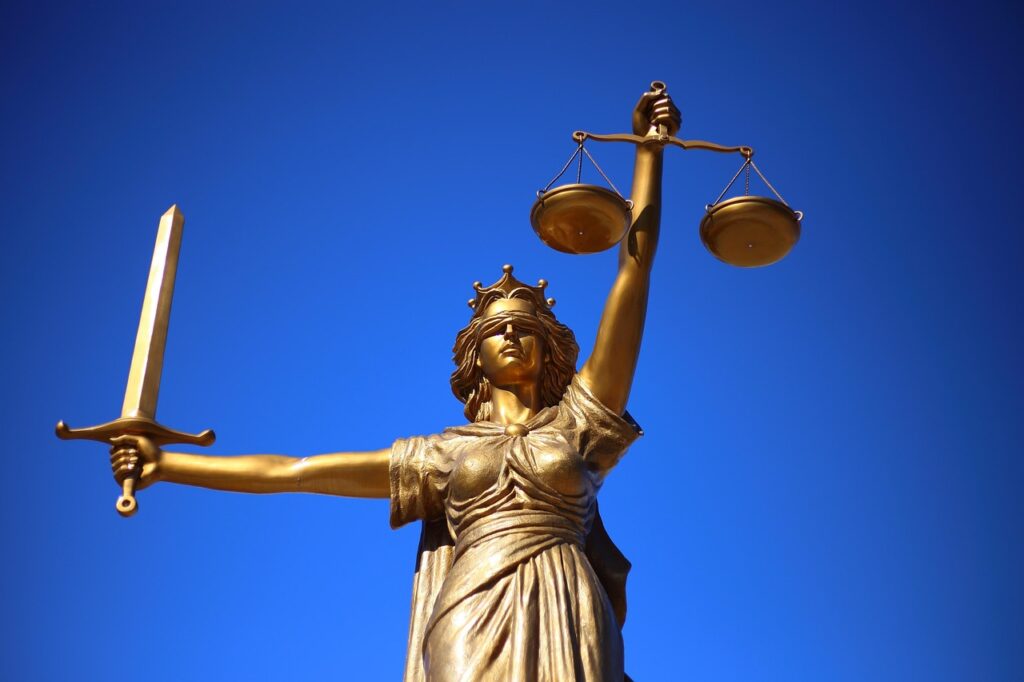
The catalyst for the direct subpoena to the Justice Department for its Epstein files originated squarely with Democrats. They successfully initiated the subpoena through a pivotal vote within a subcommittee of the House Oversight Committee.
Their motion was approved not only by all Democrats but also by three Republicans: Representatives Brian Jack of Georgia, Scott Perry of Pennsylvania, and Nancy Mace of South Carolina. This collaboration demonstrates a notable degree of cross-party alignment on the fundamental issue of transparency.
Following this pivotal subcommittee vote, Rep. Summer Lee of Pennsylvania, who had forced the vote, issued a joint statement with Rep. Robert Garcia, emphasizing the profound significance of their collective efforts. They declared, “Today was an important step forward in our fight for transparency regarding the Epstein files and our dedication to seeking justice for the victims.”
Read more about: Deep Dive: Attorney General Bondi Launches Grand Jury Probe into Obama Administration’s 2016 Russia Intelligence Amid Mounting Controversy
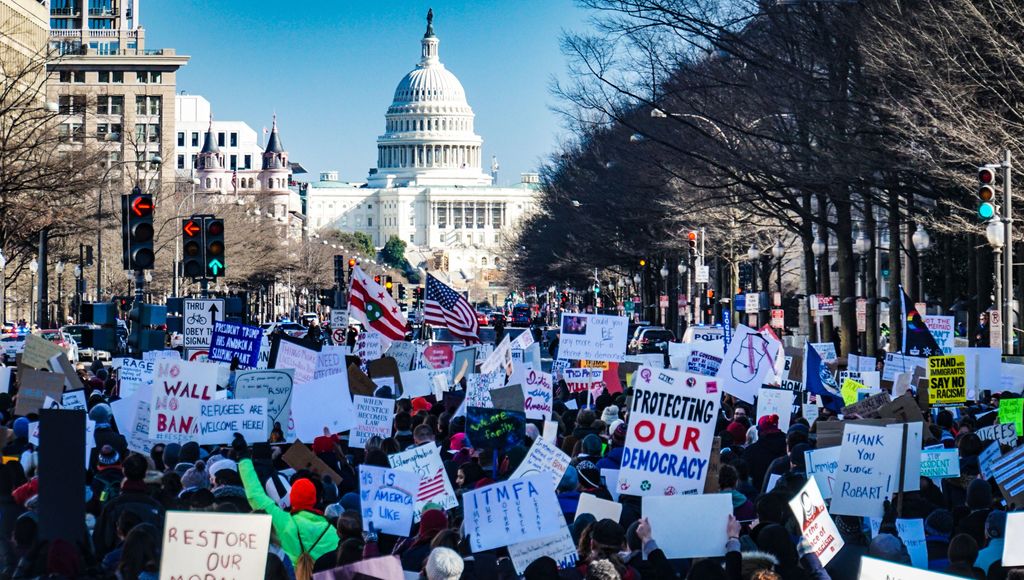
Their statement concluded with a firm and unwavering commitment, underscoring the ongoing nature of their pursuit: “Now, we must continue putting pressure on the Department of Justice until we actually receive every document.” This highlights the long road still ahead in their quest for full disclosure.
While Democrats initiated the push for the core DOJ files, Committee Republicans leveraged the opportunity to broaden the scope of the subpoenas. They successfully advocated for the inclusion of former President Bill Clinton and Hillary Clinton, significantly expanding the investigative reach.
Furthermore, they pushed for the addition of former FBI Director James Comey, former special counsel Robert Mueller, and the aforementioned former Attorneys General William Barr, Jeff Sessions, Loretta Lynch, Eric Holder, and Alberto Gonzales. This expansion reflects a comprehensive, albeit politically charged, investigative approach to the case’s history.
Read more about: The Daycare Discovery That Rocked One Mom: Why a Simple Clothing Change Sparked a Deeper Look Into Childcare Safety
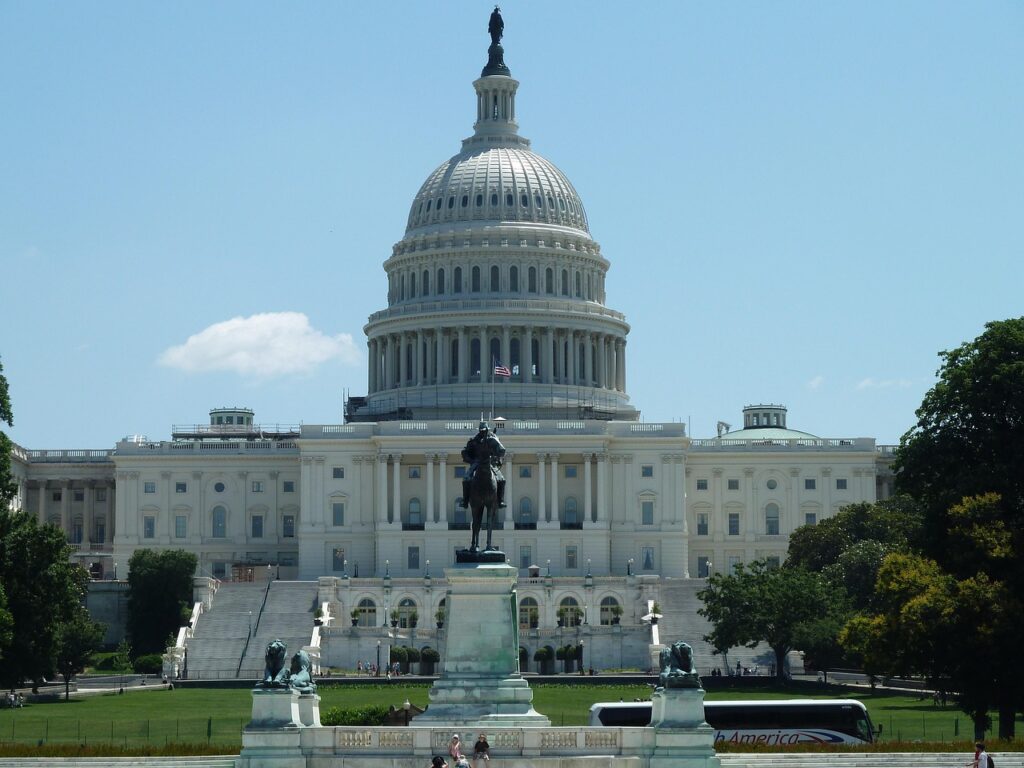
It is important to understand that subpoena deadlines on Capitol Hill are frequently merely “starting points for negotiation,” rather than definitive endpoints. These formal requests are often “pushed back, narrowed or challenged” as political and legal disputes surrounding congressional inquiries inevitably evolve over time.
The House has historically “fought for years to bolster its ability to force executive branch officials to testify pursuant to subpoenas.” Despite these efforts, the courts have consistently offered “little legal help to congressional committees,” complicating enforcement.
Consequently, these high-stakes subpoena battles frequently “drag out for years with no conclusive ability for the House to use the courts to enforce them quickly.” This historical precedent casts a long shadow over the immediate prospects of gaining full compliance.
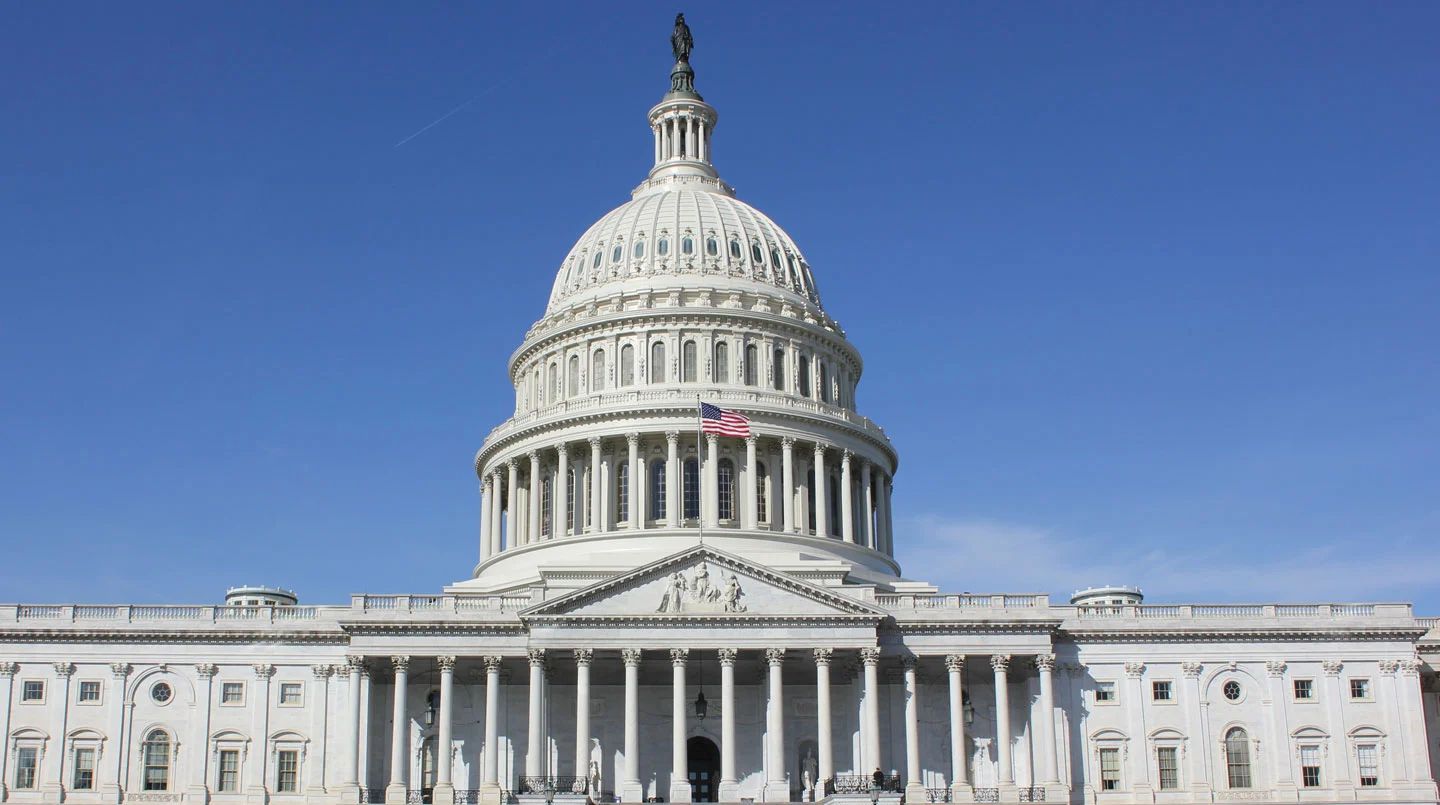
While a subpoena constitutes a formal request that Congress possesses the theoretical power to enforce through “court orders and contempt procedures,” potentially even leading to “prison time for people who refuse to cooperate,” the practical application is far more complex.
It is widely considered “hard to imagine the Justice Department handing over Epstein material that it already said it would not release to the public.” This suggests that the oversight committee would likely “have to sue to get the material,” initiating a potentially lengthy legal battle.
Furthermore, there is a significant political calculation at play, making it “hard to imagine congressional Republicans, who are incredibly subservient to Trump, wanting to drag his administration to court or hold his attorney general in contempt.” This observation highlights the deep-seated political loyalties that can complicate congressional oversight and enforcement.
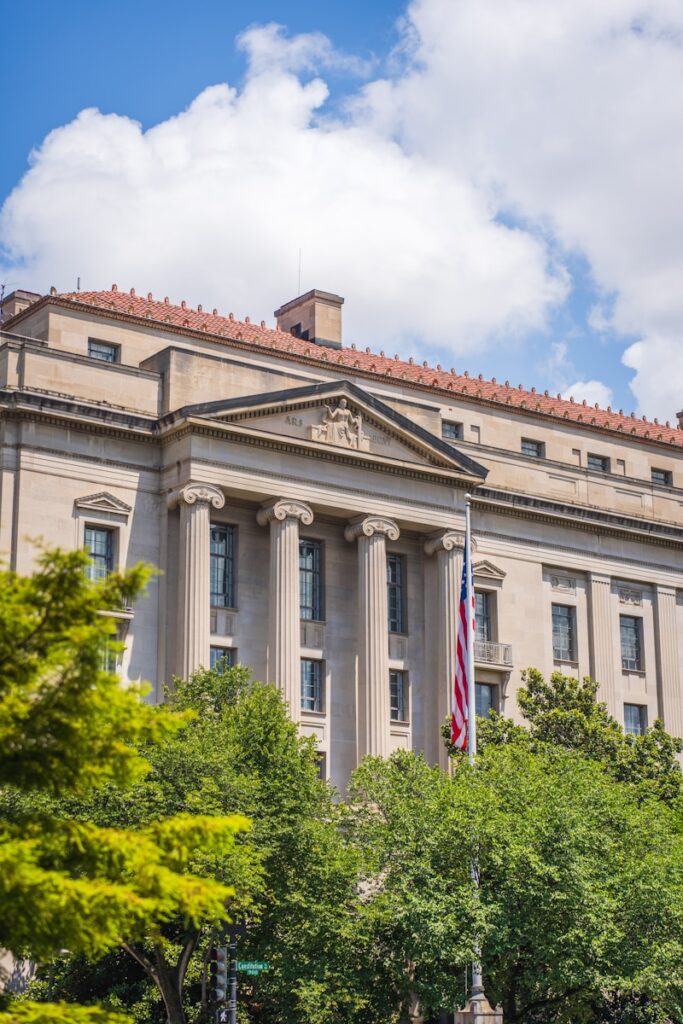
The Justice Department, for its part, has maintained a consistent and unwavering stance throughout this process, declining to offer any comment on the unfolding matter. This silence underscores the cautious approach of the executive branch in such sensitive investigations.
Beyond subpoenas, alternative legislative avenues have been explored to compel the release of information. Representatives Thomas Massie (R-Ky.) and Ro Khanna (D-Calif.) have expressed their intention to utilize a “special procedure” to force a House vote on a bill.
Such a bill would explicitly require the Justice Department to release its Epstein files, aiming to bypass the complexities of subpoena enforcement. However, the viability of this approach remains uncertain, as “it’s not clear if such a bill could pass both the House and the Senate,” introducing another layer of legislative challenge.
Read more about: Beyond the Battlefield: Unpacking the Enduring Legacy, Global Impact, and Urgent Needs of Our Nation’s Valued Veterans

While a subpoena could theoretically be a “likelier way of obtaining the material” compared to legislative action, its effectiveness is ultimately contingent upon the Justice Department’s voluntary cooperation. Should the department refuse to comply, obtaining “a favorable court order could take years,” emphasizing the protracted nature of such legal confrontations.
The current actions, therefore, represent a concerted and multi-pronged effort to bypass these potential delays by directly demanding the information and testimony. It signifies a determined legislative body pushing the boundaries of its oversight powers.
As the echoes of these pivotal subpoenas reverberate across Washington, the House Oversight Committee stands resolutely at the forefront of a formidable push for clarity and justice. The intricate web of legal mandates, political maneuvering, and historical challenges underscores the profound complexities inherent in compelling executive branch transparency.
Yet, the persistent demands from both sides of the aisle, fueled by a public steadfast in its pursuit of justice for the victims and comprehensive answers about Jeffrey Epstein’s dark network, signal that this critical inquiry is far from over. The path ahead promises further negotiations, potential legal skirmishes, and an unwavering commitment to unraveling the full scope of a case that demands full and unvarnished disclosure for all. The curtain is only just beginning to truly lift on this deeply troubling chapter, driven by the resolute belief that accountability, however long delayed, remains paramount for the integrity of justice itself.



